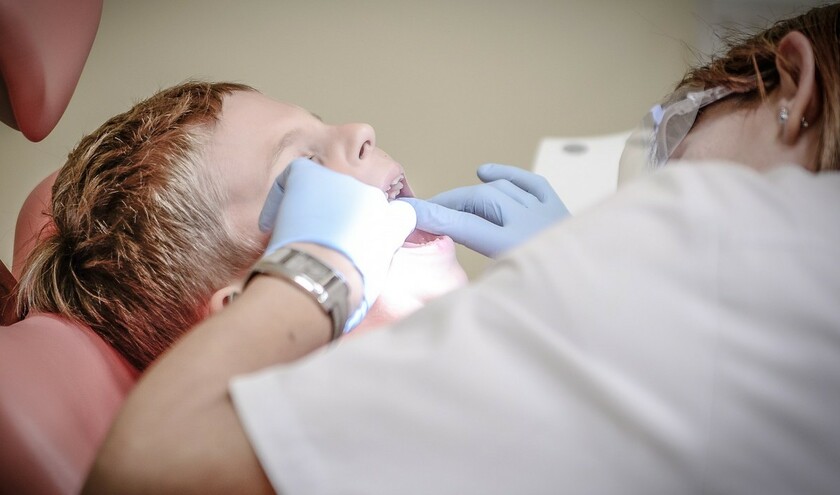The oral health survey of five-year-old children for 2023/2024, published by the Office for Health Improvement and Disparities, notes 'inequalities in prevalence of experience of dentinal decay in five-year-old schoolchildren significantly reduced from 2008 to 2015 but there has been little change in inequalities since then'.
The survey shows children living in the most deprived areas of the country were more than twice as likely to have experienced dentinal decay (32.2%) as those living in the least deprived areas (13.6%).
In addition, the survey found four regions went backwards on decay rates – London, Yorkshire, the South West, and the North East.
The British Dental Association (BDA) is warning that the oral health gap risks widening without decisive action from Government.
BDA chair Eddie Crouch said: ‘This oral health gap was made in Westminster, with children paying the price for official failure to take dentistry seriously.
‘A new Government calls this "Dickensian", but it will take deeds not words to turn this around.'
Cllr David Fothergill, chairman of the Local Government Association's Community Wellbeing Board, added: ‘Tooth decay is largely preventable, yet it remains the most common oral disease affecting children and young people across England. Untreated dental issues continue to be one of the leading causes of hospital admissions for children and teenagers, with over 31,000 operations in 2023 alone to remove rotten teeth—equating to 119 operations per working day.
‘Alarmingly, these figures highlight stark inequalities in oral health. Children living in the most deprived areas are more than twice as likely to experience dental decay compared to those in the least deprived areas. This persistent inequality must be addressed.
‘We must take urgent action to reduce tooth decay in children, particularly in the most disadvantaged communities. The Government should use the upcoming Spending Review to invest in council-run oral health improvement programmes. These programmes are proven to help children develop healthy oral hygiene habits from a young age and prevent more serious, costly issues later in life.'



